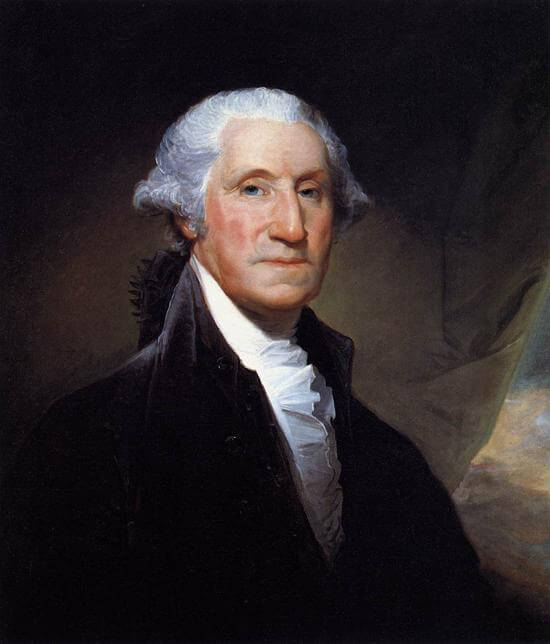By Joan Brown Wettingfeld
February is known to us for celebrating the birth of two of our most famous presidents: Washington and Lincoln. Did you know that George Washington actually for a time had used a local house for his headquarters and commanded for a time in “Bay Side”? That was the original spelling in early times.
In 1852, a prominent citizen, James W. Cain, purchased the 117−acre farm in what today has been traced to the present−day area known as Bayside Hills. James Cain’s son, also named James W. Cain, was born in the old colonial house on that farm, said to at one time have served as the headquarters of Gen. George Washington.
Recently, I perused a classic that few seem to have acquainted themselves with, “The Farewell Address of George Washington to the People of the United States.” Much is made known there about the man who was our first president. Its importance lies in the fact that much is revealed about our first president’s strong views and it holds the key to Washington’s public career, the political conditions of the time and the course of our national history since his days.
Thus, in 1775, with the advent of the Revolution, it was inevitable that one man was looked upon as competent to command American forces, and that was Washington. He had the rare ability and experience in military affairs, was known to be courageous and was also hopeful in his foresight.
When he retired to his home in Mount Vernon, it was not to be for long, for in 1787 he was selected to act as presiding officer of the Constitutional Convention. By unanimous choice of his countrymen two years later, Washington was called upon to be our first president.
Though he would gladly have retired and returned to private life, the people all but demanded he continue in office. After serving two terms during his farewell address in 1796, three years before his death, he outlined the knowledge he had gained during a career covering 40 years.
His “Farewell Address” should be read by all who have an interest in the issues that led to the beginning of our colonies as a new and democratic nation. It is a classic expression of our founding aims.
When Washington died, a resolution by Congress in 1799 appropriately read, “First in war, first in peace, first in the hearts of his countrymen.”
Joan Brown Wettingfeld is a historian and freelance writer.































